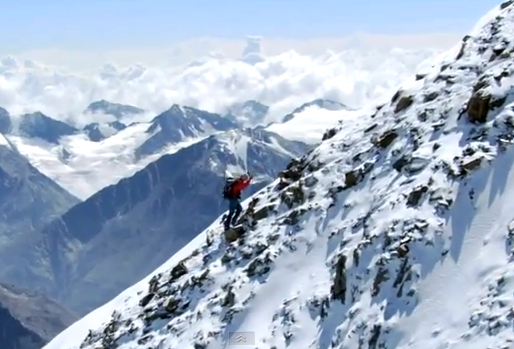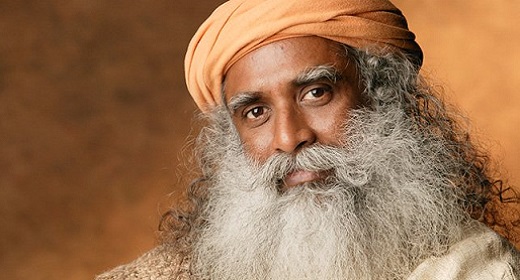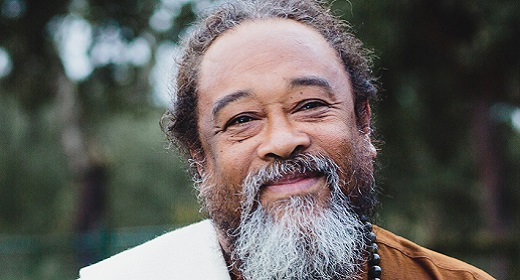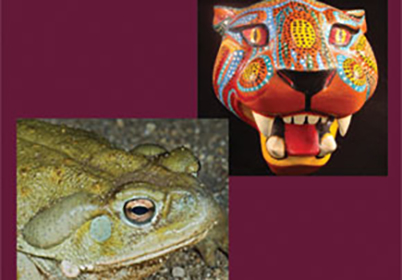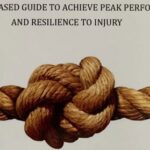by Arjuna Ardagh: It begins with the absolute acceptance of things as they are, of all our strange quirks and addictions and banana nabbing. 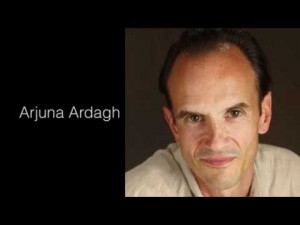 Once we recognize everything to be fine as it is, we can relax even more deeply. We can feel, within each moment, an evolutionary impulse to steer life in a more artful, loving, open way. This is not a personal doing fueled by Iago. It is a surrendering, a discovery of the urge inherent within life to endlessly expand its expression of the mystery in form.
Once we recognize everything to be fine as it is, we can relax even more deeply. We can feel, within each moment, an evolutionary impulse to steer life in a more artful, loving, open way. This is not a personal doing fueled by Iago. It is a surrendering, a discovery of the urge inherent within life to endlessly expand its expression of the mystery in form.
This is a subtle movement. As long as there are traces of Iago, which can appear in all of us at any time, it can be hijacked by effort and discontent. But within a radical acceptance of our broken condition, a willingness to endure it eternally and to abandon futile efforts at improvement, our habits of identity begin to mend and to evolve, always toward their ultimate potential.
Life is not a static event. It is a river of endless evolution. Look over your shoulder a few billion years. Once there was just a bunch of atoms. Look at how they have evolved into trees and rivers and rocks and sentient beings — at how life has transformed into this unimaginable, miraculous sentient being with the capacity to be aware of its own source. Within this huge evolutionary process, the birth, awakening, relative translucence, and eventual death of any specific individual is a very small, fleeting event.
Andrew Cohen speaks eloquently about collective evolution: “In the urge to become, there is a directionality toward higher and higher levels of integration. When human beings awaken to this and begin to emotionally care, not only about themselves, but also about this larger context, the largest context that there is, then their response becomes one with the God principle itself.”
Cohen calls this recognition “impersonal enlightenment” and sees it as the next essential evolutionary stage of human life. In what he calls “premodern, traditional models of enlightenment” the goal was to just “get up and out of here”:
Their concept of time was cyclical — the idea was that we are on a merry- go-round that is going around and around for eternity. They hadn’t yet discovered the deep time developmental context that we’re all a part of. This knowledge is relatively recent, only three hundred years old. The fact is, we’re not on a merry-go-round; we are the product of fourteen billion years of evolutionary development. Human beings have only existed for about sixty thousand years, and only very, very recently have we awakened to the evolutionary context of our emergence. We are living in such an exciting time!
A moment of radical awakening is a part of this developmental process. And the very recognition that we are in a collective developmental process is in itself another huge shift, one that transforms the individual as well as the collective process itself. Cohen continues:
“You realize that part of what you are is an individual human being that has been born in a particular time in history. On a personal, emotional, psychological, and physical level, you have a personal history. From the larger perspective, you are actually part of a fourteen-billion-year process of development.”
As human beings, we are predisposed to become exclusively focused on “my” life. It is all that most of us will ever think about. Even when we have developed a higher degree of translucence, there still often remains a natural and inevitable interest in “my” liberation, “my” enlightenment, “my” spiritual experience. This is natural and good; without that predisposition, no one would even have the interest to mature and evolve.
When sperm are released during sex, every single spermatozoan is focused on reaching the egg and fertilizing it. Either one or none of them will be successful. The eventual outcome may be a human birth and the continuation of the evolutionary process. Out of the countless billions of sperm ejaculated out of a male body in one life, only a very few will realize their potential to become human beings. But in order for that to occur, it is vital that every little ambitious fella rush like crazy to reach that egg every time. Almost all will die and disappear. The impulse to reach the egg is, we could say, the micro-motive, human birth is the macro-motive, and the evolution and continuation of human life is the meta-motive that lies beyond both.
In the same way, however profound our awakening, however deeply lived our translucence, it is highly likely that in a few hundred years no one will remember how enlightened or unenlightened any of us was, or if we even existed at all. Our personal lives, our spiritual journey, is the micro-motive, while the evolution of life is the meta-motive. Each human story is like a tiny grain of sand in an hourglass, irrelevant and dispensable in itself, but an essential part of the bigger picture of evolution. Everything living is carried in this evolutionary current, and everything is, to some degree or other, causing that evolution to occur.
Cohen asks:
“Do the actions we take, the choices we make, express the fact that we know we are a part of this process? Does this process itself, at a certain point in evolutionary development, actually begin to depend upon my own conscious participation in it? At this point there is an imperative to begin to be responsible for the process itself through one’s own incarnation in the biggest possible way, rather than living for oneself the way that most people do.”
As Cohen points out, awareness of the evolutionary context is quite recent in human development. It takes the very peaks of human maturity to grasp that ultimately your or my awakening, translucence, and eventual death are a tiny part of a much bigger and more important process. As long as we are preoccupied with our own identity, that very preoccupation will keep the idea of a separate me locked in place, the very core of the Iago trance, and will prevent genuine realization. As soon as we realize the bigger context of collective evolution, our attention shifts from “me” to that process itself, and our realization of the timeless and formless deepens.
Cohen sees that simply by pursuing this awareness of the collective evolutionary process, people pass through an enormous transformation. He calls it the “authentic self ” awakening. Not only do people return to an awareness of their natural state, but they also realize that the way they live is actually very significant; it is evolution in action, here and here and here. There is no evolutionary process happening outside of how you and I live every moment: “When you truly, deeply, profoundly recognize that your human experience is not really a personal journey,” says Cohen, “and it’s not a personal drama, your relationship to it changes in a way that’s very profound. The individual is transformed and becomes a different person as a result. They have a profoundly different relationship to what it means to be a human being, living in the world.”
With this awareness, we return to paying attention to how we live, to how we relate, to the things we say and the choices we make. We pay attention to these things not to improve ourselves, not to fix a problem or achieve a goal, but because the larger current of collective evolution demands it.

